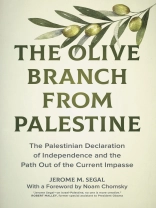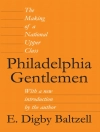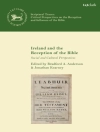The Olive Branch from Palestine provides a new narrative of the Palestinian effort to end the Israeli-Palestinian conflict and offers a bold plan for ending this conflict today, a proposal that focuses on Palestinian agency and the power of the Palestinians to bring about the two-state solution, even in the absence of a fully committed Israeli partner.
In part 1, Jerome Segal provides an analytical and historical study of the 1988 Palestinian Declaration of Independence, a remarkable act of unilateral peacemaking through which the PLO accepted the legitimacy of the 1947 Partition Resolution and thereby redefined Palestinian nationalism. In part 2, he proposes a new strategy in which, outside of negotiations, the Palestinians would advance, in full detail, the end-of-claims/end-of-conflict peace plan they are prepared to sign, one that powerfully addresses the Palestinian refugee question and is supported by the refugees themselves yet does not undermine Israel as a Jewish-majority state.
Spis treści
Contents
Foreword, by Noam Chomsky
Preface
Acknowledgments
Introduction
1 • The Unilateral Surprise
2 • The Evolution of the Palestine Liberation Organization Prior to the Declaration
3 • 1988: Leading Up to the Declaration
4 • How the Declaration Was Drafted
5 • Darwish
6 • Two Declarations: Israeli and Palestinian Side by Side
7 • Reactions to the Declaration and Meeting the US Conditions
8 • The Struggle with the United States over Recognition of the New State
9 • PLO Strategy and the Declaration
10 • Early Statehood and Opportunities to Return to the Declaration
11 • The Path Out of the Current Impasse: Palestinian Peacemaking
Conclusion: The Significance of the Declaration
Appendix: State of Palestine Declaration of Independence
Notes
Index
O autorze
Jerome M. Segal, an American philosopher whose writings in 1988 were a catalyst for the Palestinian Declaration of Independence, is author of Creating the Palestinian State and coauthor of Negotiating Jerusalem. He is internationally known as one of the most innovative conflict-resolution practitioners.












